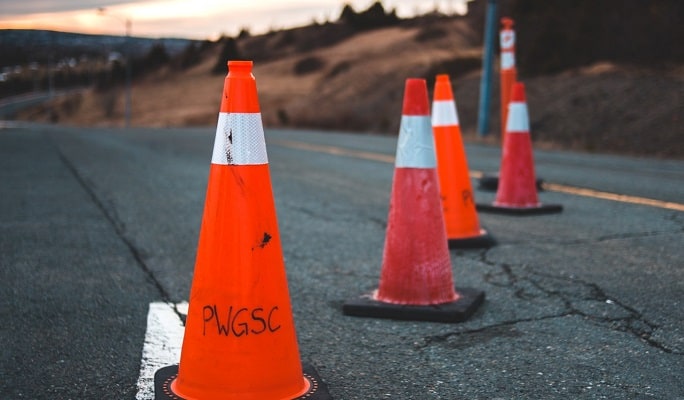
Gambling law in South Africa
An introduction to gambling law in South Africa
At the time of writing, gambling law allows for licensed land-based casinos and betting shops to operate in the country. Some betting shops have also extended their presence to the internet. Therefore, under current South African gambling regulation, traditional land-based casino games are not permitted in online form. Gambling law is however an ever-evolving landscape and we may well see changes in the industry over the coming years. Online properties are required to be duly licensed by a provincial regulator in South Africa. Likewise, games offered on operator websites have to be approved by the licensor.
What is the legal gambling age in South Africa?
In line with gambling law you have to be at least eighteen (18) years old to gamble. As a consequence minors may therefore not access the casino floor. They may enjoy the various other forms of entertainment on offer at casino resorts. On-site security personnel control access to the casino floor. Do not take offence if asked for ID. Above all, these measures are in place for the protection of minors and to ensure the continued operation of gambling establishments. This same age restriction applies to national lottery ticket sales as well.
Responsible gambling
Gamble responsibly, winners know when to stop. You may have heard this phrase or seen it on gambling advertisements. This slogan is used by the South African Responsible Gambling Foundation (SARGF) to raise awareness of problem gambling. Being aware of a problem, is the first step to addressing and resolving it. The SARGF hence has various initiatives focused on addressing the effects of gambling related harm. Among other services, they offer counselling for problem gambling. Their services also extend to the training of casino employees on various levels in the gambling industry. Industry employees would learn how to identify and best deal with situations of problem gambling and gambling addiction. See further details and tips on our responsible gambling page.
FICA in conjunction with gambling law
The purpose of the Financial Intelligence Centre Act is to identify and eradicate financial crime. It goes a long way to help shape a better future for all. Under FICA rules you have to identify yourself by providing documentary evidence as proof of your identity. FICA also helps prevent identity theft through impersonation. Therefore, you have to supply different types of documents proving you are who you say you are. This is usually the first step in the Know-Your-Customer (KYC) process as part of new customer onboarding. Under FICA requirements, you have a continued responsibility to keep your personal details up to date. Always keep this in mind should your circumstances change as it helps to prevent account fraud.
Failing to adhere to FICA requirements, could result in your accounts with financial institutions being frozen. This essentially helps prevent fraudulent access to your monetary assets. The regulation offers consumer protection as well as acting as a form of policing to help prevent money laundering. Nowadays, it is virtually impossible to enter into a business relationship without first undergoing the FICA process. Businesses have a regulatory responsibility to initiate the FICA process with consumers and prospective customers. Read more detailed information on the FICA process on our FICA page.
Licensing as part of gambling law
Probably the most important aspect of gambling regulation in South Africa, is licensing. Gambling systems, advertising, premises and staff are all subject to license. Subsequently, it is illegal to offer gambling services in South Africa without a valid South African gambling license. Gambling systems undergo rigorous testing. Licenses are only issued provided that such systems operate in accordance with stipulated guidelines drawn from the imposed gambling law. Regulations in place mainly offer consumer protection, also to hold the industry free from financial crime. The regulator has the power to suspend or even revoke licenses and at times may impose fines. If services offered do not conform to regulatory standards license conditions are applied. See more information on gambling licensing on our betting law page.
Gambling regulators in South Africa
The National Gambling Board (NGB) oversees gambling in South Africa on a national level. Nine provincial gambling boards, one for each province, establish control through the issuing of licenses. Read more information on the different South African gambling regulatory authorities on our Betting Law page.
All bookmakers on betandwinstg.wpengine.com comply with gambling law and each bookie has a valid sports betting license for SA. Therefore, check out our list of safest online betting sites as compiled by our team.



